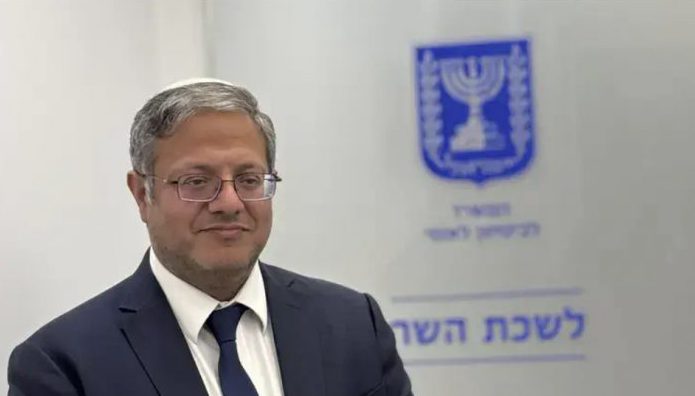National Security Minister Itamar Ben Gvir has sharply criticized Israel’s proposed “humanitarian city” in Gaza, warning it masks a controversial ceasefire deal with Hamas. He labeled the plan a diversionary tactic and a dangerous compromise that risks reversing hard-won military gains.
In a pointed rebuke on Monday, National Security Minister Itamar Ben Gvir denounced the Israeli government’s plan to construct a “humanitarian city” in Gaza, calling it a political distraction aimed at deflecting attention from a controversial ceasefire deal in the works with Hamas.
Taking to X (formerly Twitter), Ben Gvir asserted that “the debate over this so-called humanitarian city is nothing more than a calculated political spin—meant to obscure a deal that’s quietly being shaped behind the scenes.” According to him, the proposed agreement could see the IDF retreat from areas secured through intense combat, in exchange for concessions he deems perilous.
He firmly rejected any notion that the humanitarian enclave would be a component of what he termed a “deal of surrender” with the Hamas terror organization. “This humanitarian city will not be part of a disgraceful agreement under which Israeli forces would withdraw from blood-won territory, release hundreds of murderous terrorists, and effectively allow Hamas to regroup and regain strength,” he warned.
Ben Gvir doubled down, stating, “These political smokescreens are no substitute for achieving total victory over our enemies.”
The plan was brought to the fore during a high-level Cabinet meeting on Sunday night, led by Prime Minister Benjamin Netanyahu. Security officials outlined a costly, long-term blueprint for the humanitarian city, projecting expenditures in the tens of billions. While earlier assessments claimed the project could be completed in six months, military sources now suggest it will likely take over a year—or possibly much longer.
According to reports by Galei Tzahal (Army Radio), the proposal sparked significant friction between political leaders and military brass. Netanyahu and several ministers pushed for an accelerated timeline, insisting on shortening the process dramatically.
While Netanyahu reaffirmed his desire to secure a ceasefire and negotiate a deal with the “relevant parties,” he also emphasized that military operations could swiftly resume if conditions on the ground demand it.
As the humanitarian plan advances under political pressure, questions remain about whether it serves genuine strategic interests—or compromises them.





